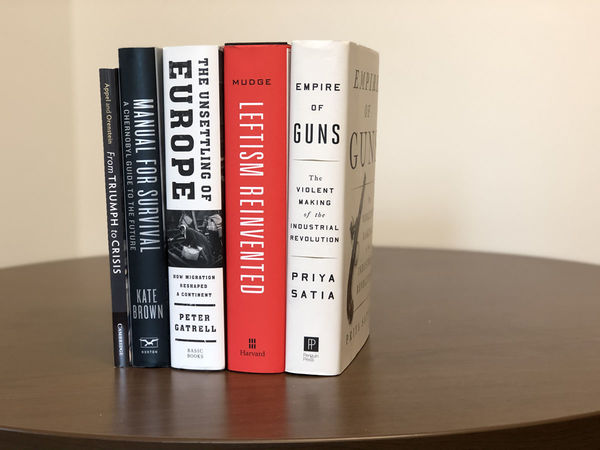
The Nanovic Institute for European Studies at the University of Notre Dame is proud to announce the 2021 shortlist for the Laura Shannon Prize in Contemporary European Studies. Carrying a prize of $10,000, the Laura Shannon Prize is awarded annually to the author of the best book in European studies that transcends a focus on any one country, state, or people to stimulate new ways of thinking about contemporary Europe as a whole.
The 2021 Laura Shannon Prize will be awarded to the best history or social science book published in 2018 and 2019. The winning book is selected by a jury of five eminent scholars in European studies, at least three of whom are prominent scholars serving at institutions other than the University of Notre Dame. The winner will be announced in January 2021.
The finalists for the 2021 Laura Shannon Prize are:
- “From Triumph to Crisis: Neoliberal Economic Reform in Postcommunist Countries” by Hilary Appel and Mitchell Orenstein (Cambridge University Press);
- “Manual for Survival: A Chernobyl Guide to the Future” by Kate Brown (W.W. Norton & Company);
- “The Unsettling of Europe: How Migration Reshaped a Continent” by Peter Gatrell (Basic Books);
- “Leftism Reinvented: Western Parties from Socialism to Neoliberalism” by Stephanie L. Mudge (Harvard University Press); and
- “Empire of Guns: The Violent Making of the Industrial Revolution” by Priya Satia (Penguin Press).
Eleonory Gilburd, author of “To See Paris and Die: The Soviet Lives of Western Culture” (The Belknap Press of Harvard University Press) and 2020 Laura Shannon Prize winner in the humanities cycle, will accept the 2020 prize with a lecture on Thursday, February 11, 2021. The 2021 winner of the Laura Shannon Prize will also accept their prize with a lecture.
Nominations for the 2022 humanities cycle (for books published in 2019 and 2020) are currently being accepted and due by Monday, February 15, 2021. For more information on the nomination process, please visit nanovic.nd.edu/prize.
The Laura Shannon Prize is made possible through a generous endowment from Michael and Laura Shannon of Houston, Texas. Laura serves on the Nanovic Institute’s Advisory Board and Michael, class of 1958, serves on Notre Dame’s Graduate Studies and Research Advisory Council. Brief summaries of the five shortlisted titles, as found on the websites of the books and publishers, can be read below.
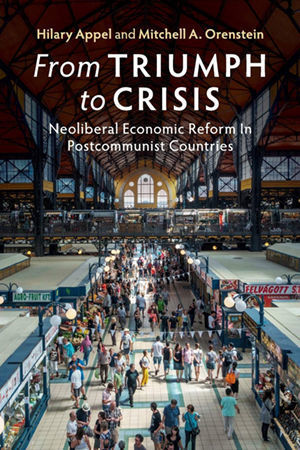
“From Triumph to Crisis: Neoliberal Economic Reform in Postcommunist Countries” by Hilary Appel and Mitchell Orenstein (Cambridge University Press):
“The postcommunist countries were amongst the most fervent and committed adopters of neoliberal economic reforms. Not only did they manage to overcome the anticipated domestic opposition to 'shock therapy' and Washington Consensus reforms, but many fulfilled the membership requirements of the European Union and even adopted avant-garde neoliberal reforms like the flat tax and pension privatization. Neoliberalism in the postcommunist countries went farther and lasted longer than expected, but why? Unlike pre-existing theories based on domestic political-economic struggles, this book focuses on the imperatives of re-insertion into the international economy. Appel and Orenstein show how countries engaged in 'competitive signaling,' enacting reforms in order to attract foreign investment. This signaling process explains the endurance and intensification of neoliberal reform in these countries for almost two decades, from 1989–2008, and its decline thereafter, when inflows of capital into the region suddenly dried up. This book will interest students of political economy and Eastern European and Eurasian politics.”
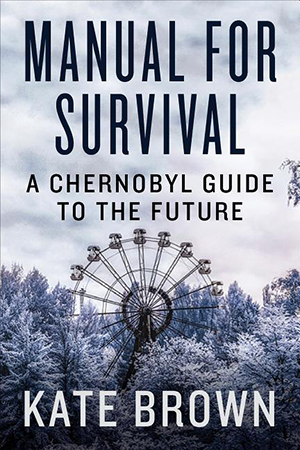
“Manual for Survival: A Chernobyl Guide to the Future” by Kate Brown (W.W. Norton & Company):
“After the Chernobyl nuclear disaster in 1986, international aid organizations sought to help the victims but were stymied by post-Soviet political roadblocks. Efforts to gain access to the site of catastrophic radiation damage were denied, and the residents of Chernobyl were given no answers as their lives hung in the balance. Drawing on a decade of archival research and on-the-ground interviews in Ukraine, Russia, and Belarus, Kate Brown unveils the full breadth of the devastation and the whitewash that followed. Her findings make clear the irreversible impact of man-made radioactivity on every living thing; and hauntingly, they force us to confront the untold legacy of decades of weapons-testing and other catastrophic nuclear incidents.”
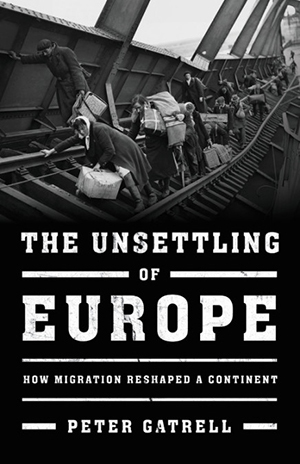
“The Unsettling of Europe: How Migration Reshaped a Continent” by Peter Gatrell (Basic Books):
“Migration is perhaps the most pressing issue of our time, and it has completely decentered European politics in recent years. But as we consider the current refugee crisis, acclaimed historian Peter Gatrell reminds us that the history of Europe has always been one of people on the move. The end of World War II left Europe in a state of confusion with many Europeans virtually stateless. Later, as former colonial states gained national independence, colonists and their supporters migrated to often-unwelcoming metropoles. The collapse of communism in 1989 marked another fundamental turning point. Gatrell places migration at the center of post-war European history, and the aspirations of migrants themselves at the center of the story of migration. This is an urgent history that will reshape our understanding of modern Europe.”
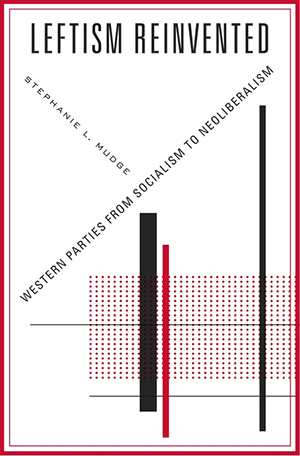
“Leftism Reinvented: Western Parties from Socialism to Neoliberalism” by Stephanie L. Mudge (Harvard University Press):
“Left-leaning political parties play an important role as representatives of the poor and disempowered. They once did so by promising protections from the forces of capital and the market’s tendencies to produce inequality. But in the 1990s they gave up on protection, asking voters to adapt to a market-driven world. Meanwhile, new, extreme parties began to promise economic protections of their own—albeit in an angry, anti-immigrant tone. . . . Stephanie L. Mudge’s “Leftism Reinvented” analyzes the history of the Swedish and German Social Democrats, the British Labour Party, and the American Democratic Party. Breaking with an assumption that parties simply respond to forces beyond their control, Mudge argues that left parties’ changing promises expressed the worldviews of different kinds of experts. To understand how left parties speak, we have to understand the people who speak for them.”
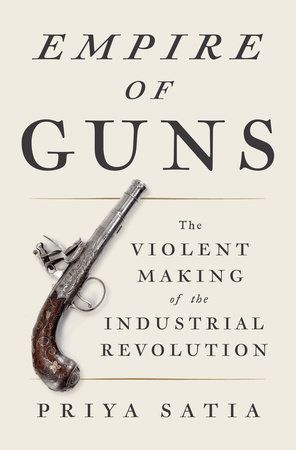
“Empire of Guns: The Violent Making of the Industrial Revolution” by Priya Satia (Penguin Press):
“We have long understood the Industrial Revolution as a triumphant story of innovation and technology. 'Empire of Guns,’ a rich and ambitious new book by award-winning historian Priya Satia, upends this conventional wisdom by placing war and Britain’s prosperous gun trade at the heart of the Industrial Revolution and the state’s imperial expansion. Satia brings to life this bustling industrial society with the story of a scandal: Samuel Galton of Birmingham, one of Britain’s most prominent gunmakers, has been condemned by his fellow Quakers, who argue that his profession violates the society’s pacifist principles. In his fervent self-defense, Galton argues that the state’s heavy reliance on industry for all of its war needs means that every member of the British industrial economy is implicated in Britain’s near-constant state of war.”
Originally published by at nanovic.nd.edu on October 21, 2020.